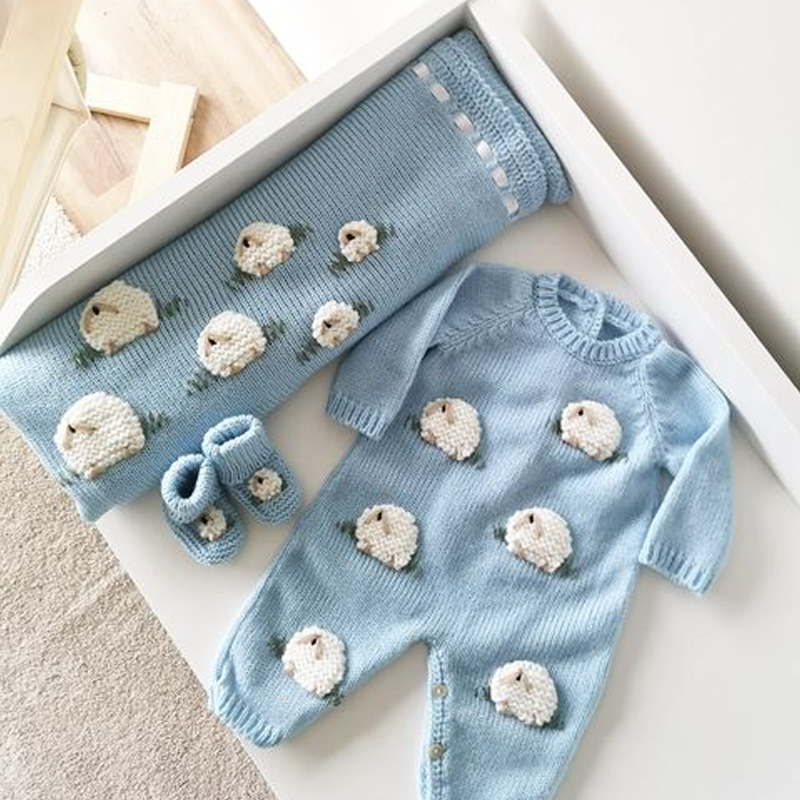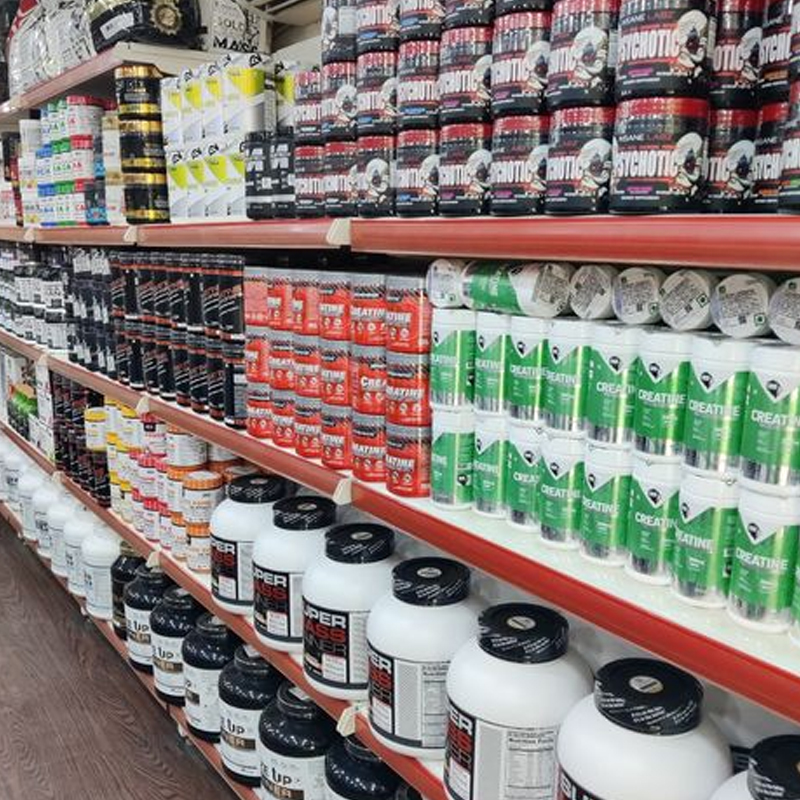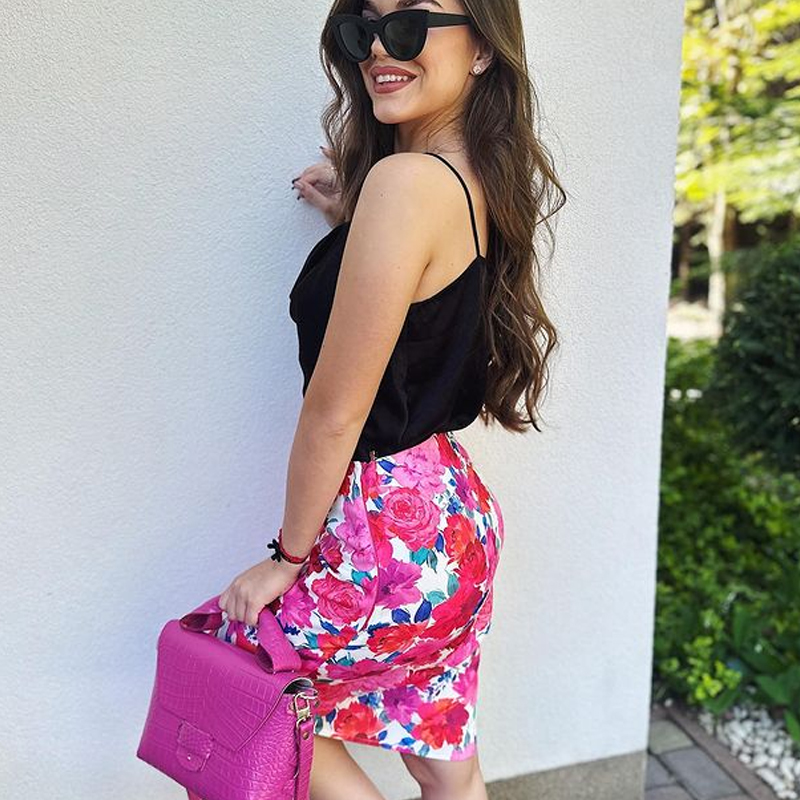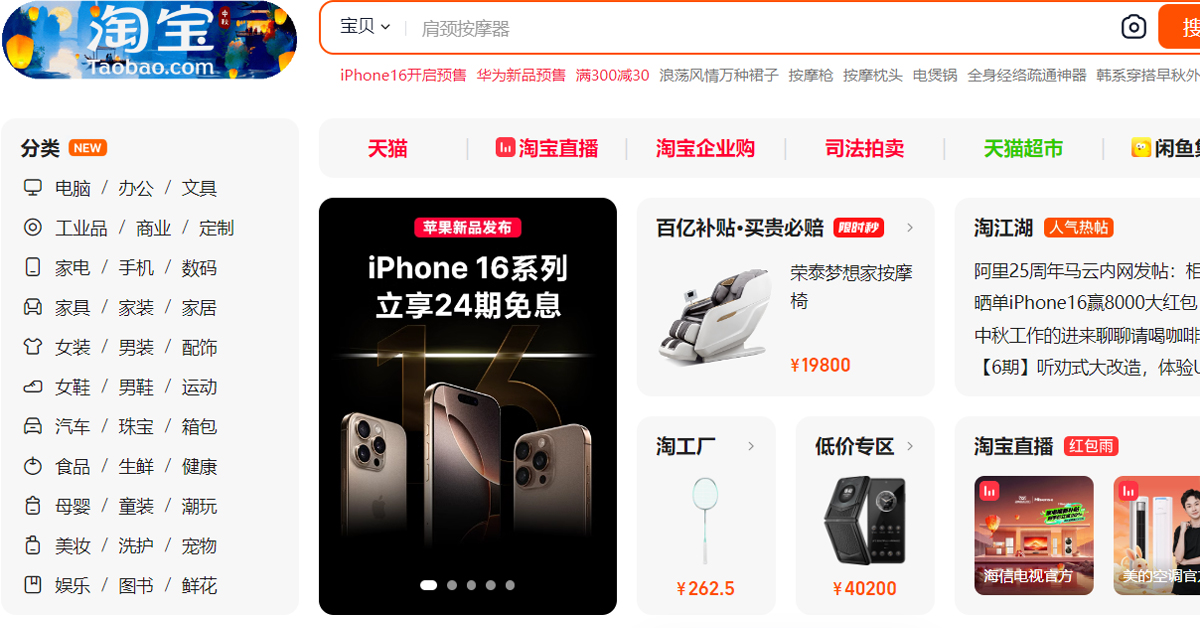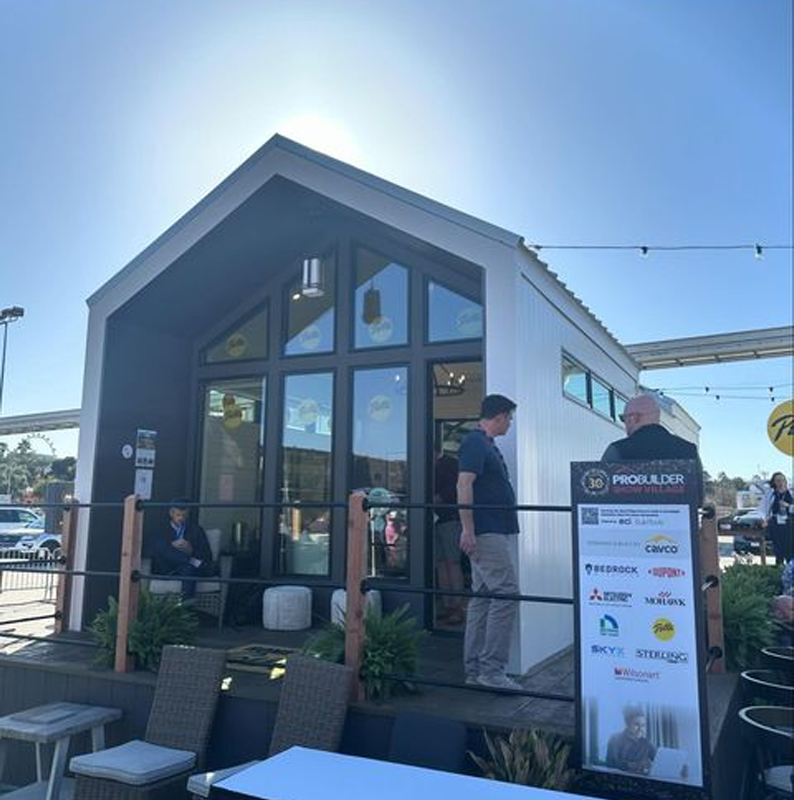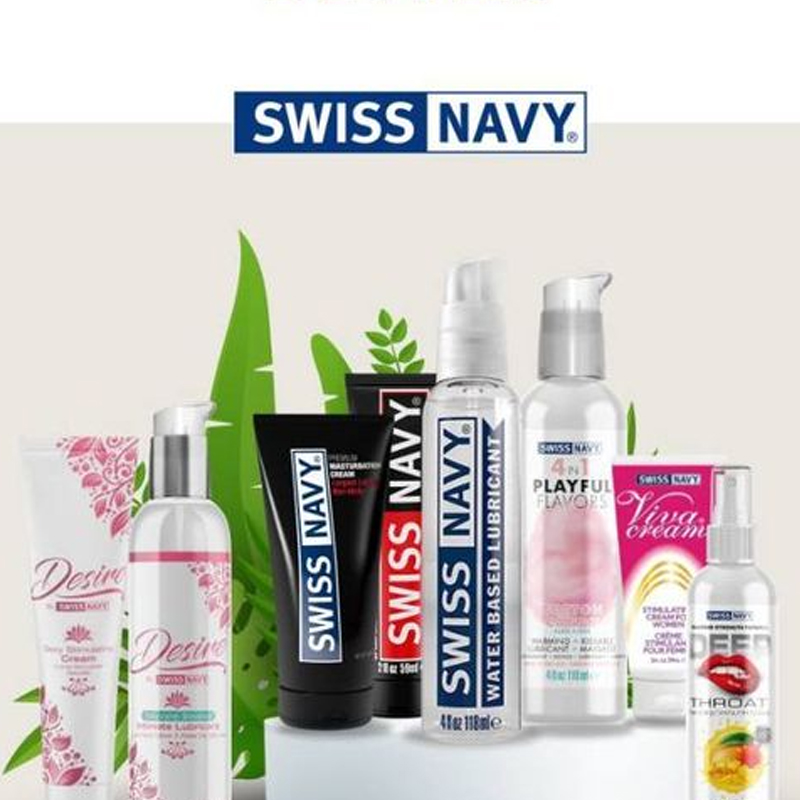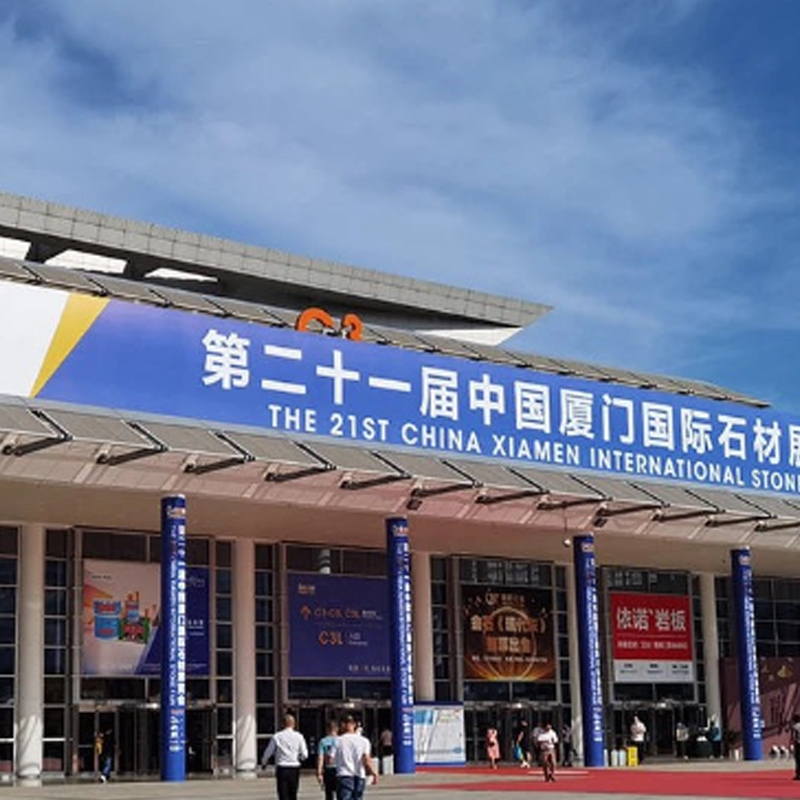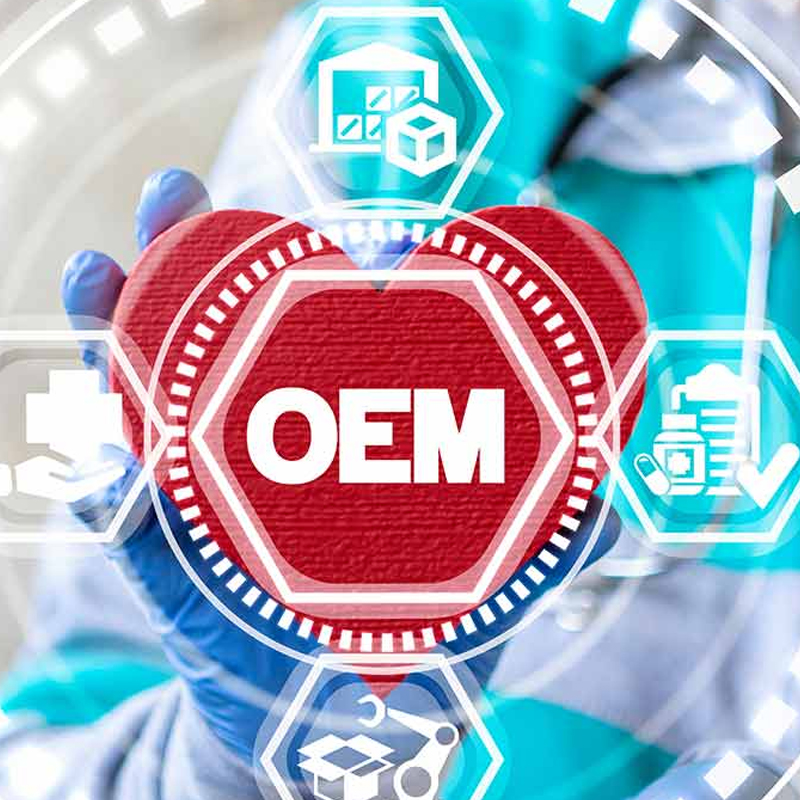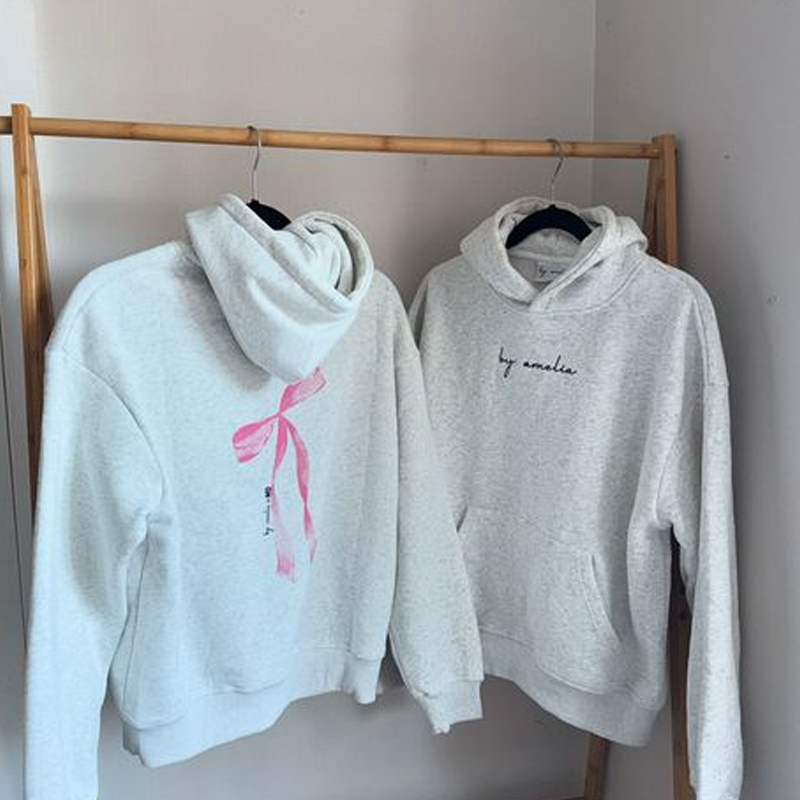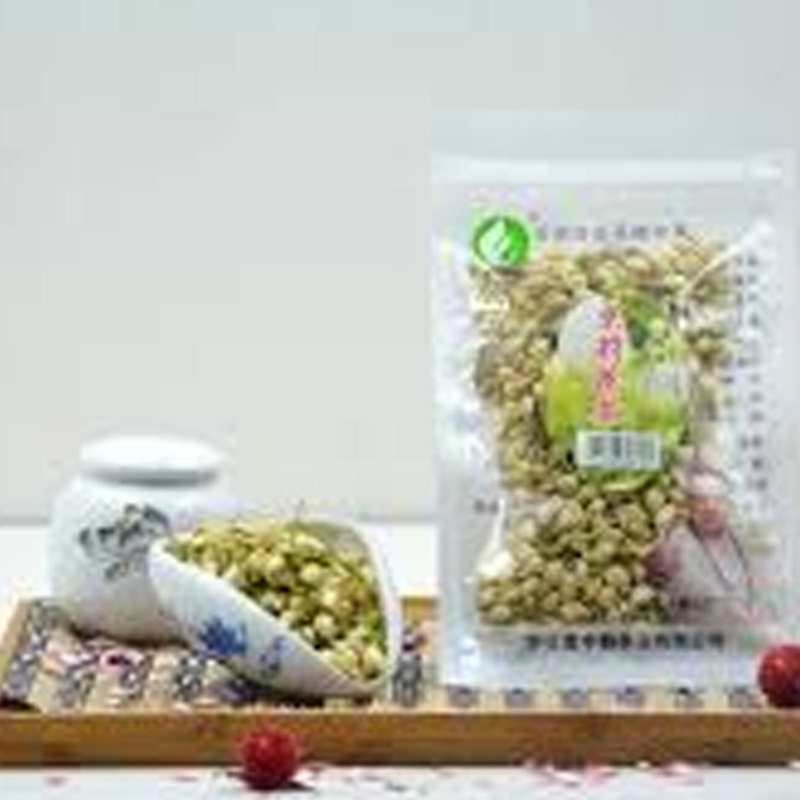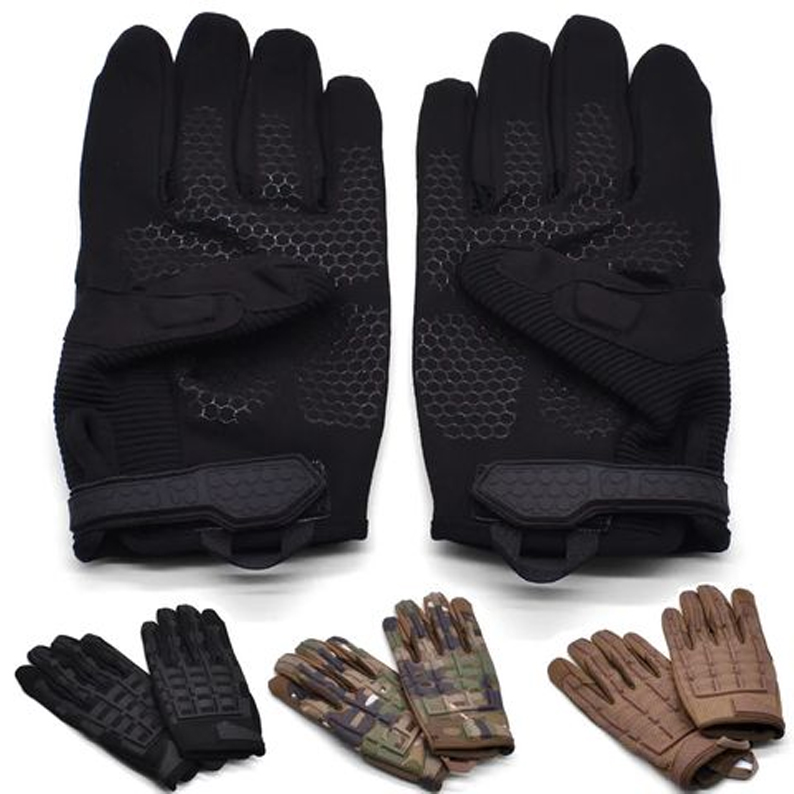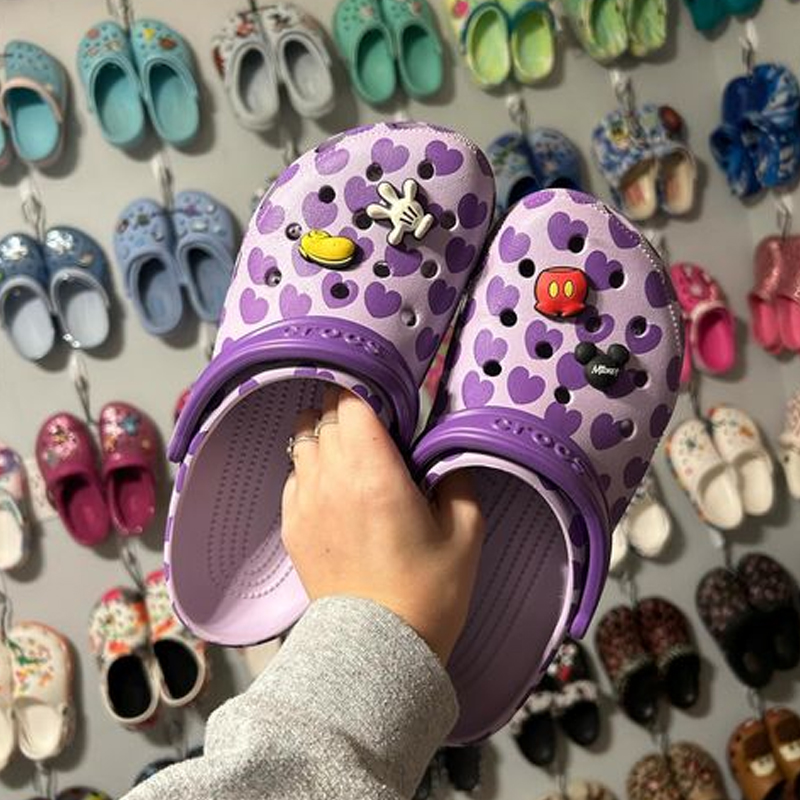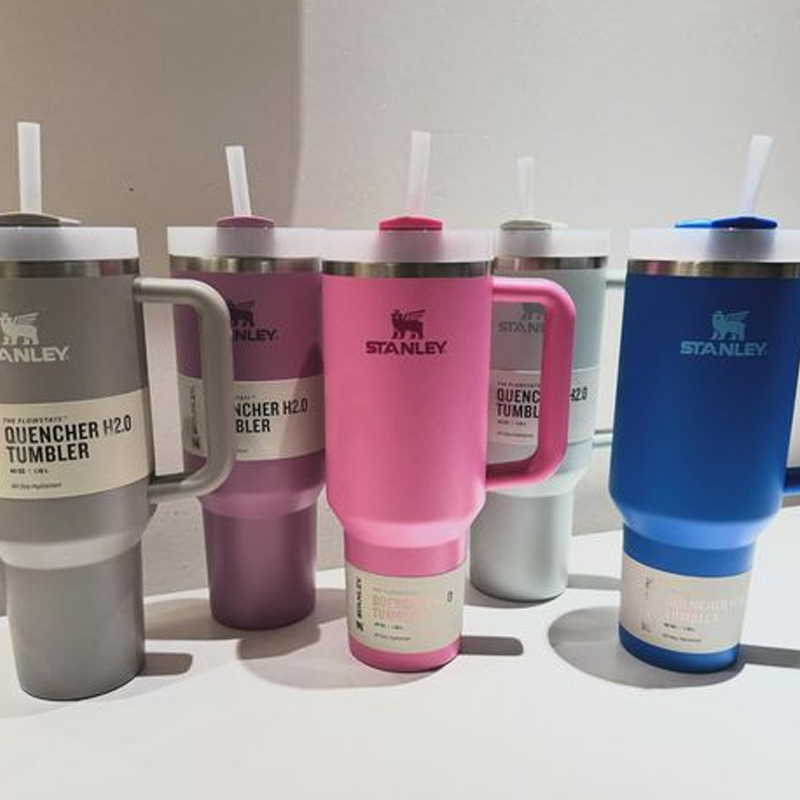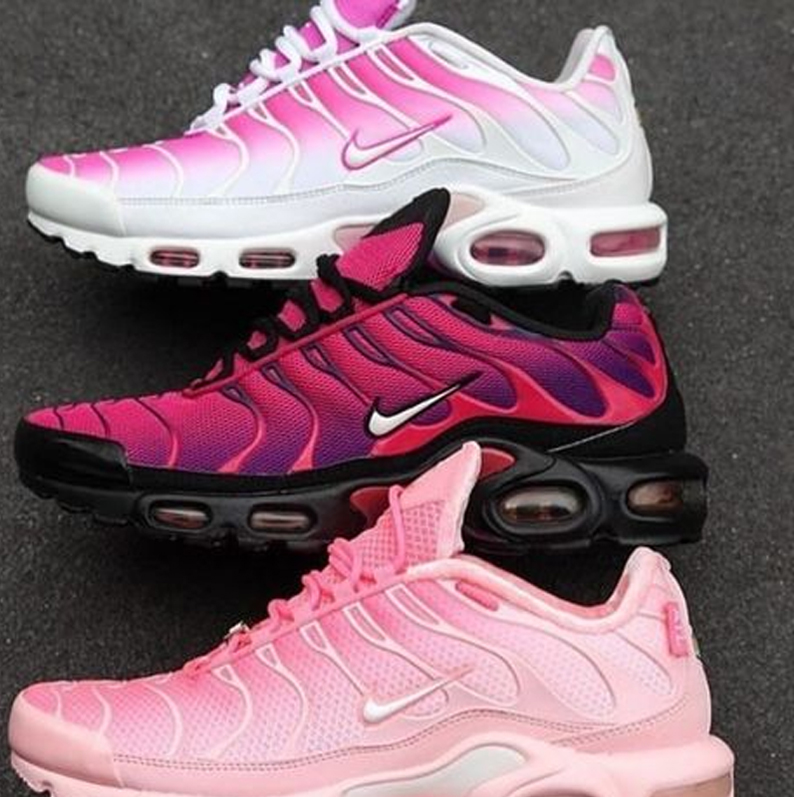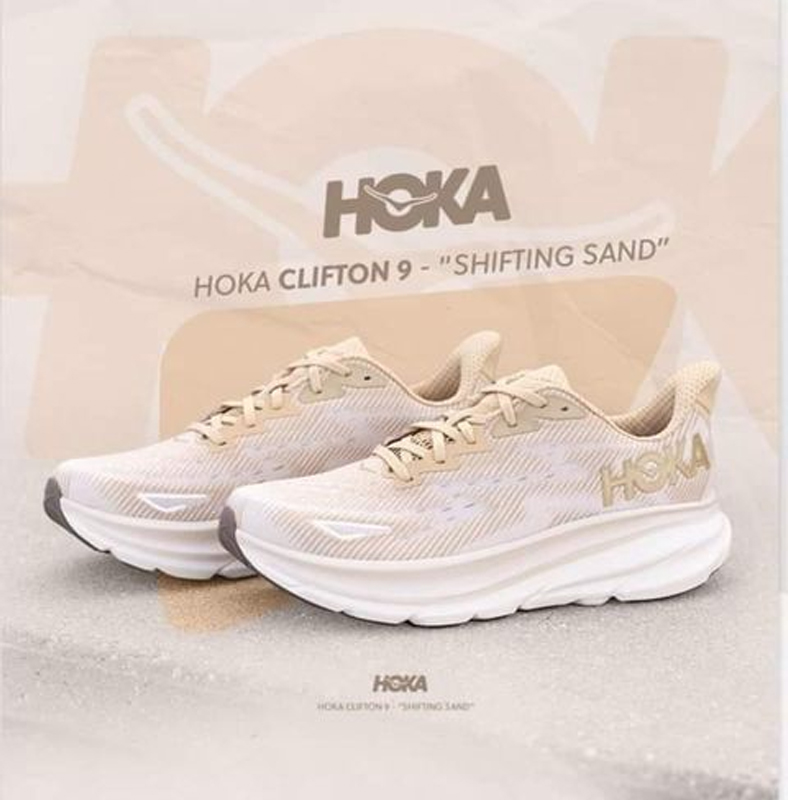Are you ready to dive into the aromatic world of private label essential oils? This comprehensive guide will walk you through everything you need to know to master the art of creating, marketing, and selling your own essential oil brand. From sourcing high-quality oil suppliers to implementing effective quality control measures, we’ll cover all the essential aspects of building a successful essential oil business. Whether you’re a seasoned entrepreneur or just starting out, this article will provide valuable insights into the latest aromatherapy trends and strategies to help you thrive in this growing industry.
Key Takeaways: Your Roadmap to Essential Oil Success
- Understanding the importance of quality oil suppliers and extraction methods
- Mastering blending techniques to create unique and appealing products
- Identifying your target audience and tailoring your offerings
- Implementing rigorous quality control and purity testing measures
- Developing a competitive pricing strategy and strong brand identity
- Creating eye-catching packaging design that stands out on the shelf
- Staying up-to-date with the latest aromatherapy trends and market demands
How Do You Choose the Right Oil Suppliers for Your Private Label Brand?
Selecting the right oil suppliers is crucial for the success of your private label essential oil business. Look for suppliers who prioritize sustainable sourcing and offer organic certification. This not only ensures the quality of your products but also aligns with the values of environmentally conscious consumers.
When evaluating potential suppliers, consider factors such as:
- Reputation and industry experience
- Range of essential oils available
- Consistency in quality and supply
- Pricing and minimum order quantities
- Transparency in sourcing and production methods
Remember, building strong relationships with reliable suppliers can lead to better pricing, exclusive access to new oils, and valuable industry insights.
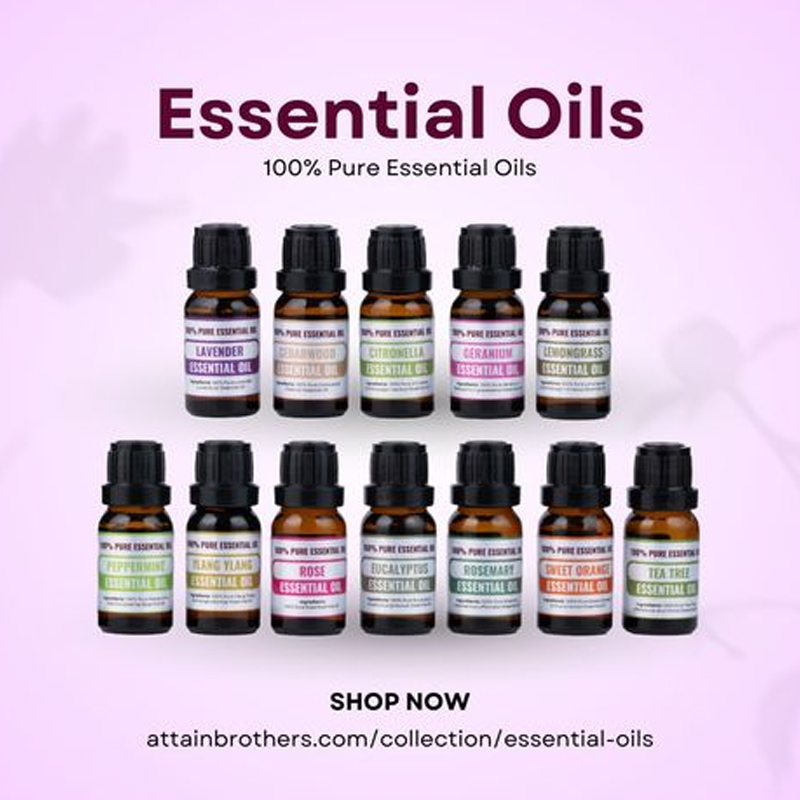
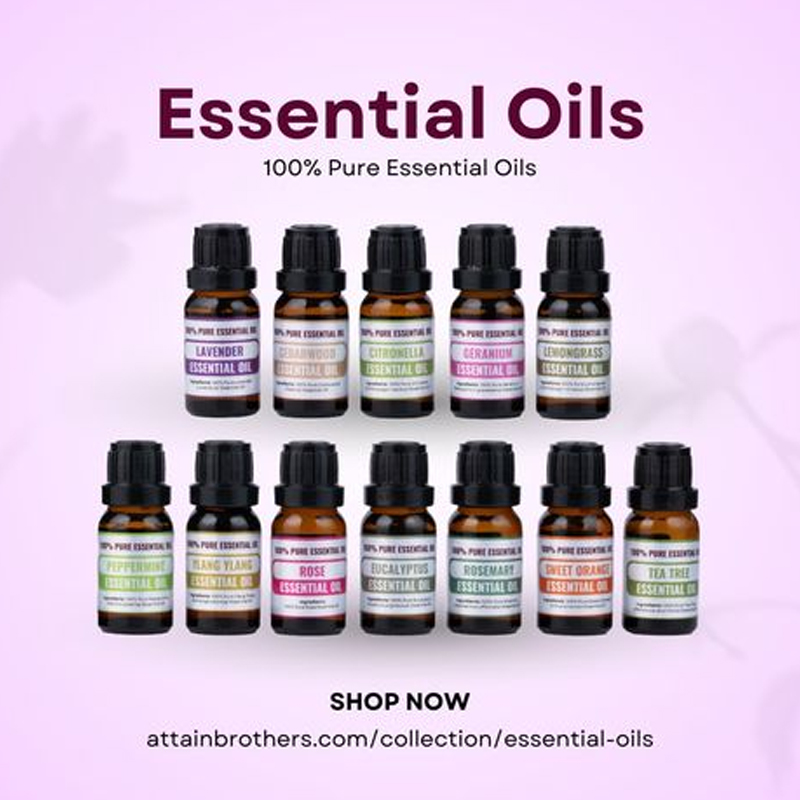
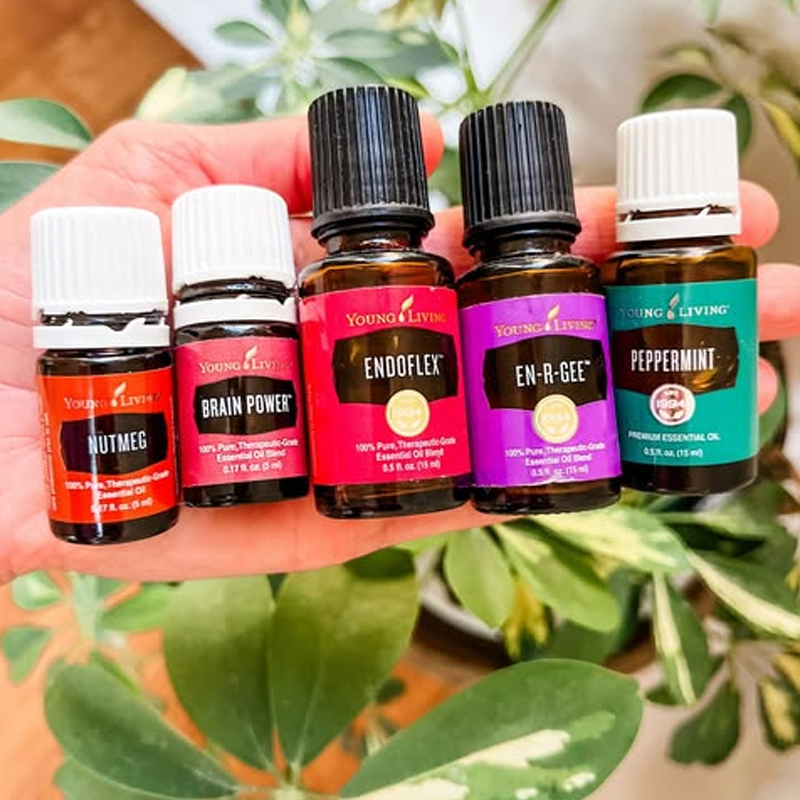
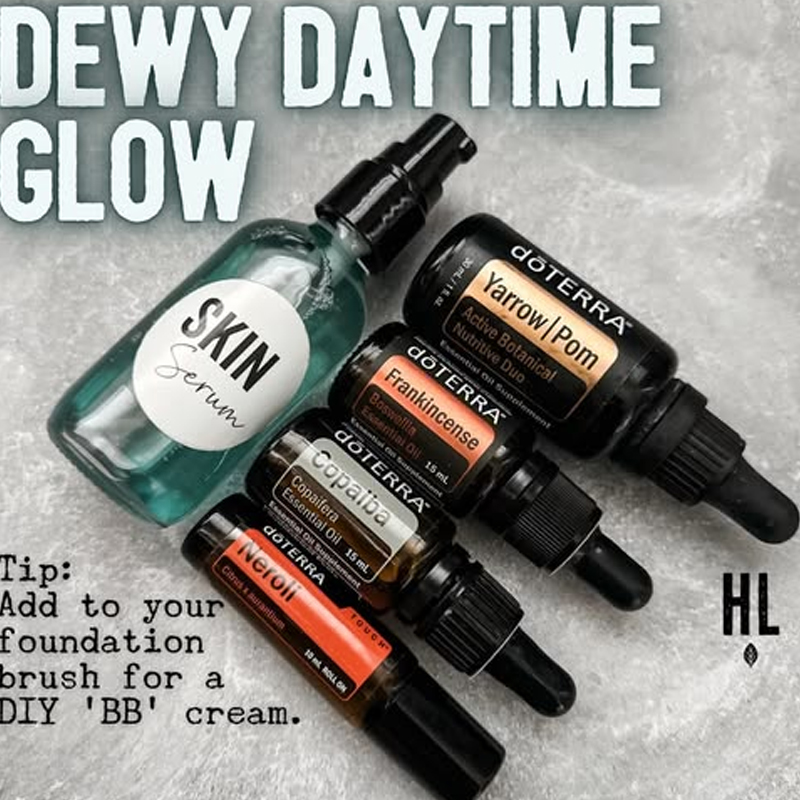
What Are the Most Effective Extraction Methods for Essential Oils?
Understanding various extraction methods is essential for ensuring the quality and purity of your essential oils. The most common methods include:
- Steam Distillation: Ideal for most plant materials, this method preserves the oil’s therapeutic properties.
- Cold Pressing: Commonly used for citrus oils, this method retains the oil’s natural aroma.
- CO2 Extraction: A modern technique that produces high-quality oils with a fuller aroma profile.
- Solvent Extraction: Used for delicate flowers, but may leave trace amounts of solvent in the final product.
Each method has its advantages and is suited to different types of plant materials. Educate yourself on these techniques to make informed decisions about your product line and to communicate effectively with your suppliers and customers.
How Can You Master Essential Oil Blending Techniques?
Mastering blending techniques is where the art and science of essential oils come together. Creating unique therapeutic blends can set your brand apart and cater to specific customer needs. Here are some tips to improve your blending skills:
- Understand the aromatic notes (top, middle, base) of different oils
- Start with simple 2-3 oil blends and gradually increase complexity
- Keep detailed records of your blending experiments
- Consider the therapeutic properties of each oil in your blends
- Test your blends for diffuser compatibility and longevity
Remember, creating a signature blend can become a unique selling point for your brand. Don’t be afraid to experiment and trust your nose – it’s your most valuable tool in the blending process.
Who Is Your Target Audience and How Can You Reach Them?
Identifying your target audience is crucial for tailoring your product offerings and marketing strategies. Consider demographics such as age, gender, lifestyle, and interests. Are you targeting:
- Health-conscious millennials?
- Eco-friendly parents?
- Holistic wellness practitioners?
- Aromatherapy enthusiasts?
Once you’ve defined your audience, focus on reaching them through relevant channels. Utilize e-commerce platforms and social media marketing to showcase your products. Collaborate with wellness influencers to expand your reach and build credibility. Consider partnerships with spas, yoga studios, or natural health clinics to tap into established customer bases.
Remember, understanding your audience’s needs and preferences will help you create products and content that resonate with them, ultimately driving sales and brand loyalty.

What Quality Control Measures Are Essential for Private Label Essential Oils?
Implementing rigorous quality control measures is non-negotiable in the essential oil industry. Here are some key aspects to focus on:
- Purity Testing: Conduct regular gas chromatography-mass spectrometry (GC-MS) tests to ensure oil purity and detect any adulterants.
- Organoleptic Evaluation: Train your team to assess oils based on appearance, aroma, and texture.
- Batch Testing: Implement a system to test and track each batch of oils received and produced.
- Safety Guidelines: Develop and strictly adhere to safety protocols for handling and storing essential oils.
- Documentation: Maintain detailed records of sourcing, testing, and production processes.
Consider obtaining relevant certifications (e.g., ISO 9001) to demonstrate your commitment to quality. Regularly review and update your quality control procedures to stay ahead of industry standards and regulations.
How Do You Develop a Competitive Pricing Strategy for Your Essential Oil Products?
Creating an effective pricing strategy requires a balance between profitability and market competitiveness. Consider the following factors when setting your prices:
- Cost of goods (including sourcing, production, and packaging)
- Overhead expenses (e.g., marketing, storage, shipping)
- Competitor pricing
- Perceived value of your brand
- Target profit margins
Consider offering tiered pricing or bundle deals to cater to different customer segments. For example, you could offer:
- Individual oils at standard prices
- Discounted starter kits for new customers
- Bulk pricing for wholesale clients
- Subscription-based models for repeat customers
Regularly review and adjust your pricing based on market trends, customer feedback, and your business goals. Remember, while competitive pricing is important, don’t undervalue your products – quality essential oils command premium prices.
What Elements Are Crucial for Building a Strong Brand Identity in the Essential Oil Market?
Developing a strong brand identity is key to standing out in the crowded essential oil market. Here are some crucial elements to consider:
- Brand Story: Craft a compelling narrative about your brand’s origins, values, and mission.
- Visual Identity: Create a cohesive look across all touchpoints, including logo, color palette, and typography.
- Brand Voice: Develop a consistent tone and messaging style that resonates with your target audience.
- Product Differentiation: Highlight what makes your oils unique, whether it’s sourcing methods, blends, or quality standards.
- Customer Experience: Ensure every interaction with your brand, from website to packaging, reflects your brand values.
Invest in high-quality product photography to showcase your oils in the best light. Develop detailed usage guides and educational content to position your brand as an authority in the aromatherapy space. Encourage and prominently feature customer reviews to build trust and credibility.

How Can You Create Packaging Design That Stands Out on the Shelf?
Effective packaging design is crucial for catching the eye of potential customers and conveying your brand’s value. Consider these elements when designing your packaging:
- Clear, legible labeling with essential product information
- Distinctive shapes or materials that set your products apart
- Color schemes that align with your brand identity and appeal to your target audience
- Sustainable packaging options to appeal to eco-conscious consumers
- Child-resistant packaging for safety compliance
Don’t forget about the unboxing experience – consider how you can delight customers when they receive your products. This could include:
- Thoughtful inner packaging designs
- Inclusion of informational inserts or usage guides
- Personalized thank-you notes
- Samples of new or complementary products
Remember, your packaging is often the first physical interaction a customer has with your brand, so make it count!
What Are the Latest Aromatherapy Trends and How Can You Incorporate Them into Your Product Line?
Staying up-to-date with aromatherapy trends is crucial for keeping your product line fresh and appealing. Here are some current trends to consider:
- Wellness Blends: Create oil blends targeting specific wellness goals like stress relief, sleep improvement, or immune support.
- Sustainable and Ethical Sourcing: Highlight your commitment to environmentally friendly and fair-trade practices.
- Innovative Delivery Methods: Explore new ways to use essential oils, such as jewelry diffusers or shower steamers.
- Seasonal Collections: Develop limited-edition blends that align with different seasons or holidays.
- Personalization: Offer custom blending services or personalized recommendations based on customer preferences.
Consider partnering with spa partnerships to showcase your products in professional settings. Stay connected with your customer base through newsletters and social media to gather insights on their evolving needs and preferences. Remember, being responsive to market trends while maintaining your brand’s core values is key to long-term success.
How Can Chinese Factories Support Your Essential Oil Business?
For entrepreneurs looking to scale their essential oil business, partnering with Chinese factories can offer significant advantages. China’s robust manufacturing capabilities and expertise in essential oil production can provide:
- Cost-effective production at scale
- Access to a wide range of essential oils and botanical extracts
- Advanced extraction and processing technologies
- Efficient inventory management and logistics solutions
However, navigating the Chinese manufacturing landscape can be challenging without proper guidance. This is where BuyFromChinaDirect comes in. Our team of experts can help you:
- Source high-quality essential oils and related products
- Verify supplier credentials and production capabilities
- Negotiate favorable terms and pricing
- Ensure quality control and compliance with international standards
- Manage shipping and customs procedures
By leveraging our expertise, you can focus on growing your brand while we handle the complexities of international sourcing. Contact us today to explore how we can support your essential oil business and help you achieve your growth objectives.

